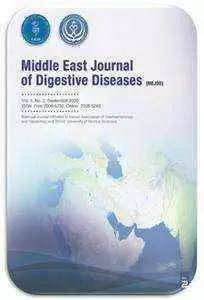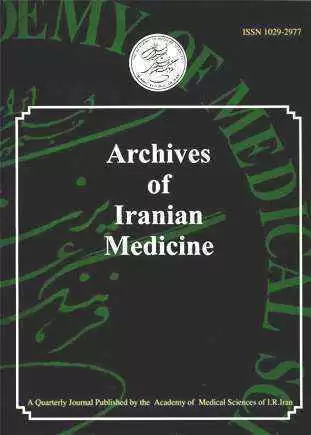
Celiac.com 03/07/2019 - Researchers don’t have much good data on the distribution of the related alleles in the type 1 diabetes Iranian population. In an effort to generate better data, a team of researchers recently set out to assess the frequency of HLA DQ2 and DQ8 haplotypes in patients with type 1 diabetes, with and without celiac disease, and to compare them to the healthy population.
The research team included Ali Moheb-Alian, Flora Forouzesh, Amir Sadeghia, Kamran Rostami, Elham Aghamohammadi, Mohammad Rostami-Nejad, Mostafa Rezaei-Tavirani, and Mohammad Reza Zali.
Celiac.com Sponsor (A12):
The team looked at 70 type 1 diabetes patients who did not have celiac disease, 60 type 1 diabetes cases with celiac disease, and compared them with 150 healthy individuals.
They collected ten milliliter Gheparinized blood samples, extracted genomic DNA, and genotyped alleles in Real-time PCR using SYBR Green as a low-resolution method.
They found HLA-DQ2 genotypes in 51% of type 1 diabetes patients without celiac disease, and HLA-DQ8 in 23% of such patients. Just over twenty percent of those patients carried both alleles, while 5% carried neither allele. More than 70% of type 1 diabetes patients with celiac disease had DQ2, while nearly 12% carried DQ8.
Compared to diabetes patients without celiac disease and the control group, 14% carry both alleles, and 3% carrying neither allele. The frequencies of DQ2 and DQ8 alleles in Iranian healthy population were 19 and 5% respectively.
The similarities in genetic background for celiac disease and type 1 diabetes show that HLA-typing can be serve as a helpful tool for spotting celiac disease in people with type one diabetes.
Read more in the Journal of Diabetes and its Complicationshttps://doi.org/10.1016/j.jdiacomp.2018.10.001
The researchers are variously affiliated with the Gastroenterology and Liver Diseases Research Center, Research Institute for Gastroenterology and Liver Diseases, Shahid Beheshti University of Medical Sciences, Tehran, Iran; the Department of Genetics, Tehran Medical Sciences Branch, Islamic Azad University, Tehran, Iran; the Department of Gastroenterology MidCentral District Health Board, Palmerston North Hospital, New Zealand; the Basic and Molecular Epidemiology of Gastrointestinal Disorders Research Center, Research Institute for Gastroenterology and Liver Diseases, Shahid Beheshti University of Medical Sciences, Tehran, Iran; and the Proteomics Research Center, Faculty of Paramedical Sciences, Shahid Beheshti University of Medical Sciences, Tehran, Iran.









Recommended Comments
There are no comments to display.
Create an account or sign in to comment
You need to be a member in order to leave a comment
Create an account
Sign up for a new account in our community. It's easy!
Register a new accountSign in
Already have an account? Sign in here.
Sign In Now